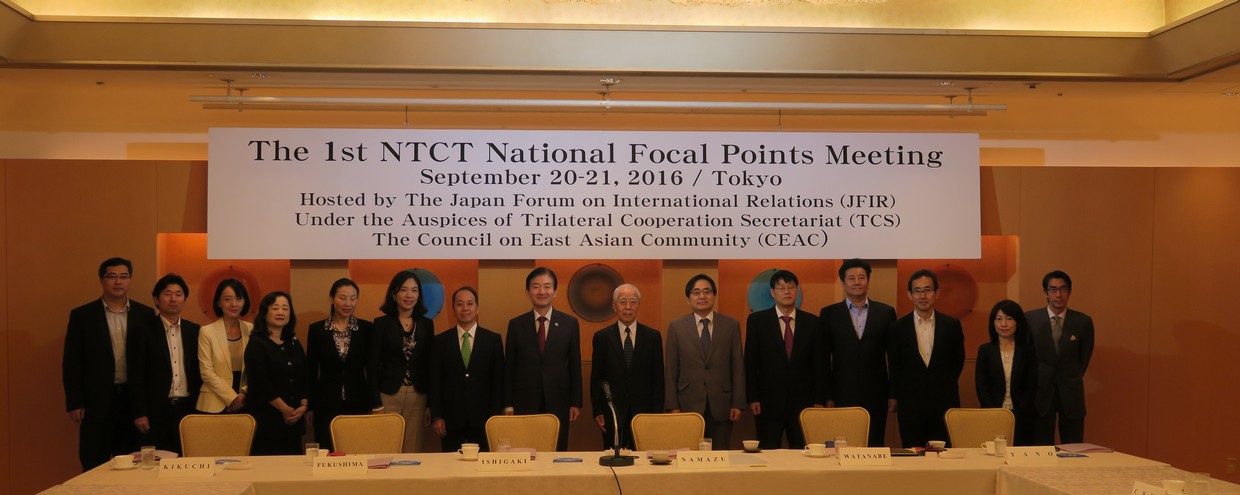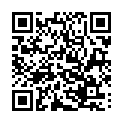
The 1st Network of Trilateral Cooperation Think-Tanks (NTCT) National Focal Points Meeting was held in Tokyo, Japan on September 21, 2016. The Meeting was organized by the Japan Forum on International Relations (JFIR) and attended by representatives of the NTCT: JFIR, China Foreign Affairs University (CFAU), and Korea National Diplomatic Academy (KNDA). The Trilateral Cooperation Secretariat (TCS), as a facilitator of the trilateral cooperation, also participated in the Meeting.
The Meeting was a follow-up to the Joint Declaration of the 6th Trilateral Summit among the ROK, Japan and China. At the Meeting, the participants exchanged views on the importance of enhancing trilateral think-tanks cooperation. They also discussed the mechanism and operation of the NTCT, and agreed to hold the Meeting of the NTCT annually on a rotational basis, as well as to strengthen cooperation in organizing seminars, conducting joint research projects and increasing mutual exchange, etc. The Meeting also agreed to task the TCS a secretariat role in developing the NTCT.
On the afternoon of September 21, the Japan-China-ROK Dialogue was held after the Meeting. It consisted of keynote speeches and discussions under the themes of “Possibilities of Japan-China-ROK Trilateral Cooperation aimed the Turbulence of the Global Politics” and “Prospects of Japan-China-ROK Cooperation in the Global Economy.” With the participation from more than 150 audiences, the Dialogue brought together distinguished scholars to discuss dynamic approaches to global political and economic challenges among the three countries and explored ways to further strengthen trilateral cooperation in Northeast Asia.
The NTCT, agreed upon the 7th Trilateral Foreign Minister Meeting in March 2015, was officially inaugurated on August 31, 2015 in order to promote mutual intellectual exchanges among the three countries. The function of NTCT is to share academic resources to provide intellectual support for the three Governments, as well as to promote the general public’s understanding of the trilateral cooperation.

